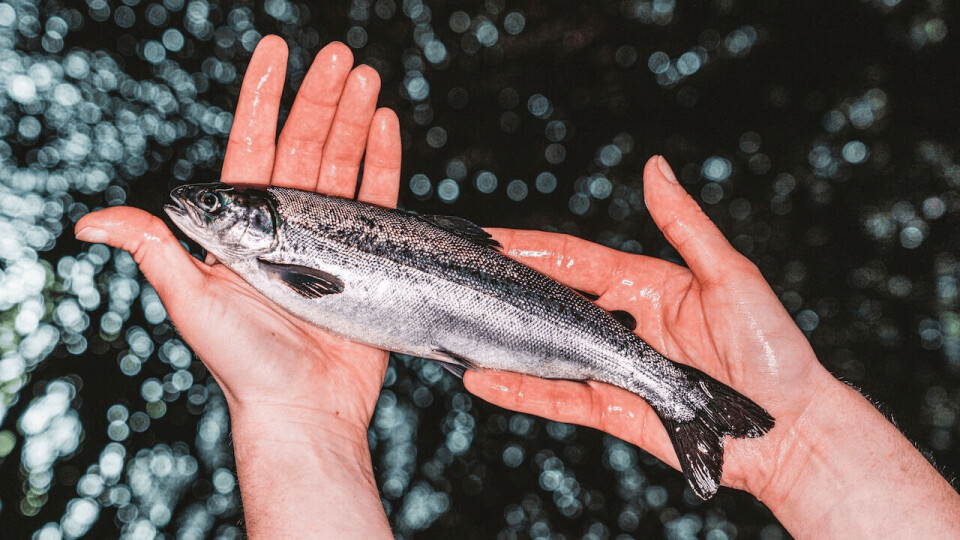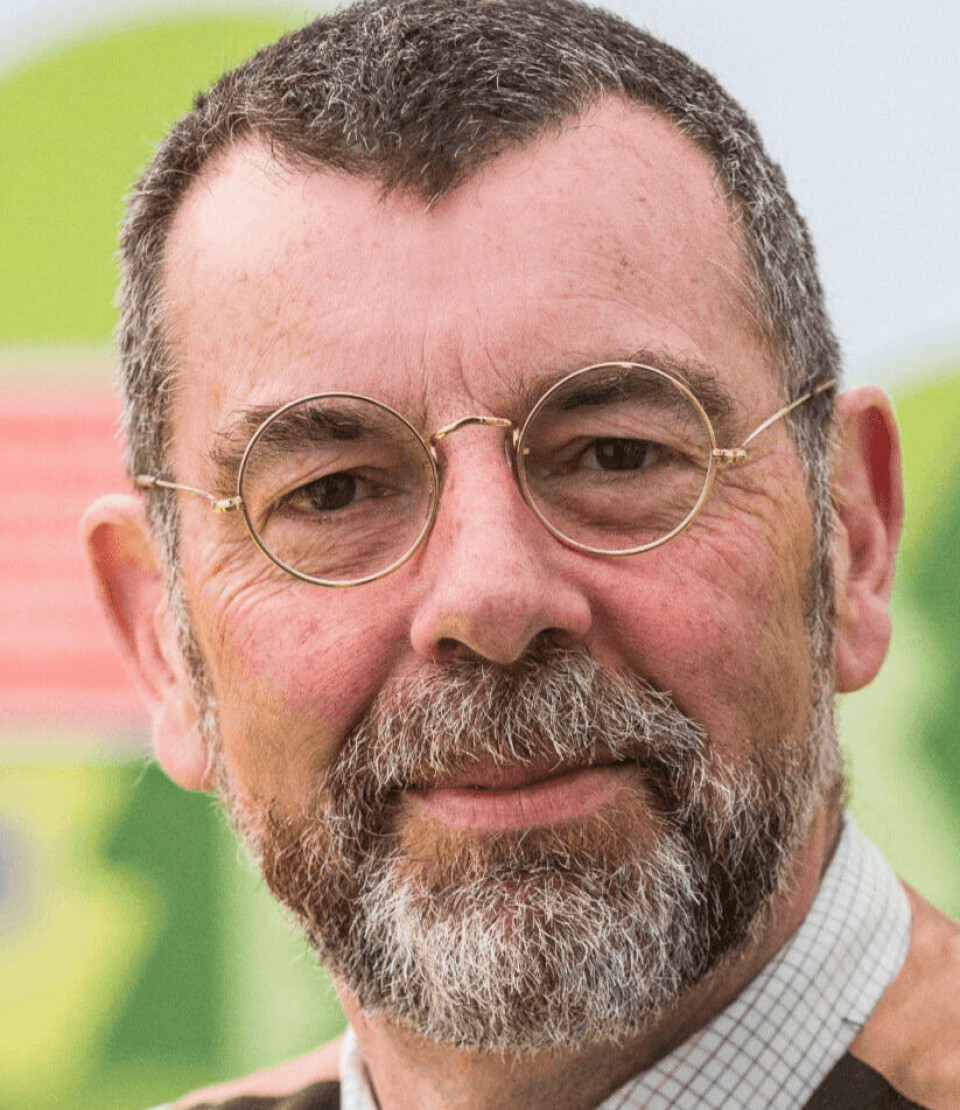
Scottish Sea Farms achieves ‘zero antibiotics’ target
Salmon producer Scottish Sea Farms achieved its goal of zero antibiotic use in any of its farming operations last year, it reported today.
The company said it has been working proactively to reduce its use of antibiotics for several years, with no antibiotics used on its marine farms since 2012 and only minimal use at its freshwater hatcheries in recent years.
In 2020, SSF achieved the milestone of zero antibiotic usage, representing an important first both for the company and for the Scottish sector as a whole.

Antimicrobial resistance
SSF’s head of veterinary services, Ronnie Soutar, said: “We’re very proud to have reached this stage. It is important on a global scale that antibiotic use is minimised and only used when absolutely essential, in recognition of concerns over antimicrobial resistance.
“Scottish salmon farming generally has a very low use of antibiotics compared with other livestock sectors and Scottish Sea Farms has consistently had antibiotic usage well below the sector’s target.”
Antimicrobial resistance (AMR) – where bacteria, viruses, fungi and parasites become resistant to a medicine that was previously used successfully to treat it – is considered one of the biggest issues facing global health today.
5mg per kg
While this resistance can occur naturally, it’s thought that over-reliance on antibiotics in human and animal health could be adding to the problem, with medical and veterinary professionals around the world tasked with reducing usage wherever possible.
RUMA (Responsible Use of Medicines in Agriculture Alliance) set a goal in 2016 of 5mg antibiotic active substance per kg of salmon produced. This compares to a target of 25mg/kg for poultry meat (broilers) and 99mg/kg for pigs.
In the four years between 2015 and 2018 inclusive, SSF averaged 3.6 mg/kg but in 2019 this dropped to 0.25 mg/kg (5% of the sector target), with no antibiotic usage at all in 2020.
“Our use in the freshwater phase of production has been because infections can occur before fish are big enough to be vaccinated. However, new husbandry protocols and major investment in biosecure facilities are making such infections increasingly rare,” explained Soutar.
“Scottish Sea Farms has adopted a holistic approach to fish health and welfare, with vets involved in farm management, and this has helped to bring down antibiotic use to zero.
“But there is no room for complacency. There is an element of luck because there is always a possibility, whether you’re farming plants or animals, of emerging diseases that appear and cause problems.
“We will consider antibiotic use if, in specific circumstances, veterinary advice is that it is essential for the protection of fish welfare.
“The important thing is to keep applying the lessons learned, from dealing with other bacterial diseases, to new threats - that and developing more vaccines to further reduce the need for antibiotics. The last year has really confirmed our long-held belief that vaccines are the answer.”























































